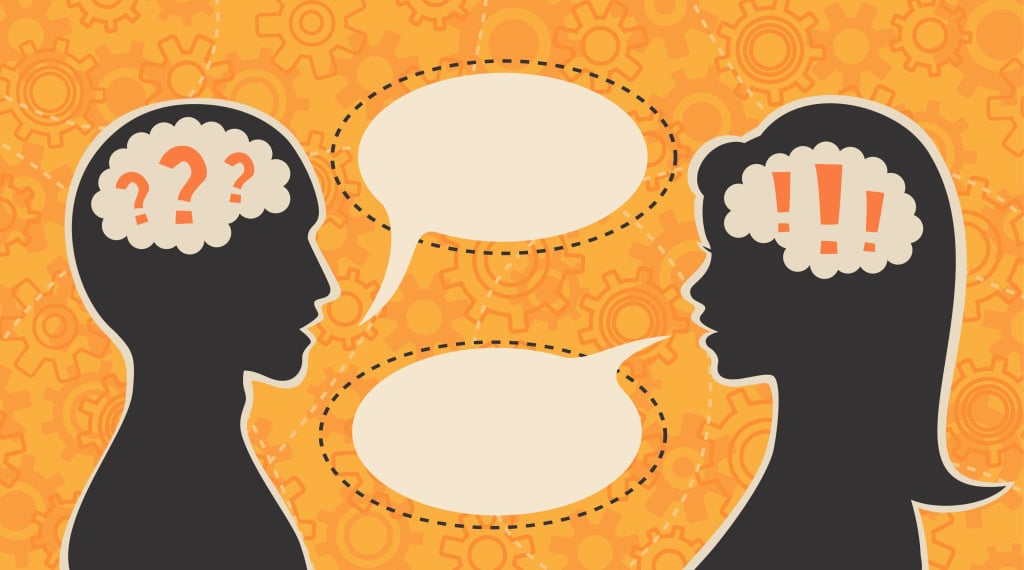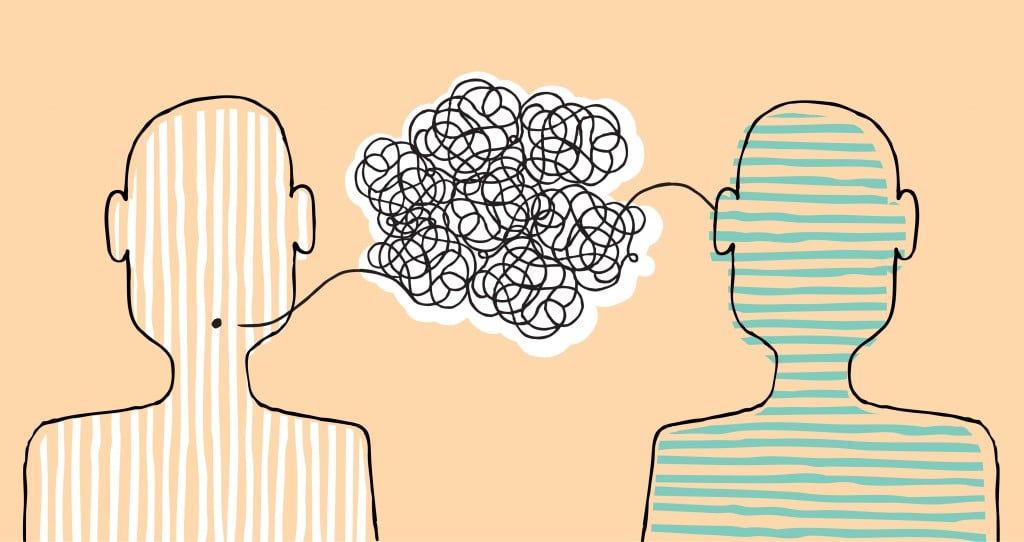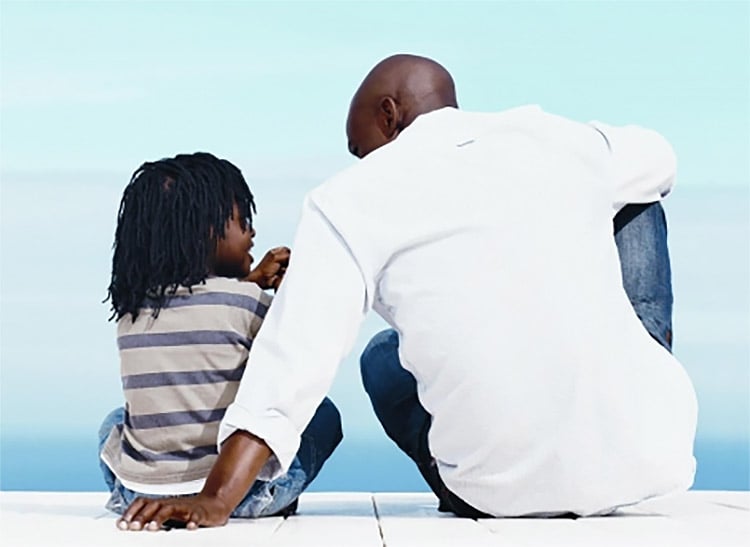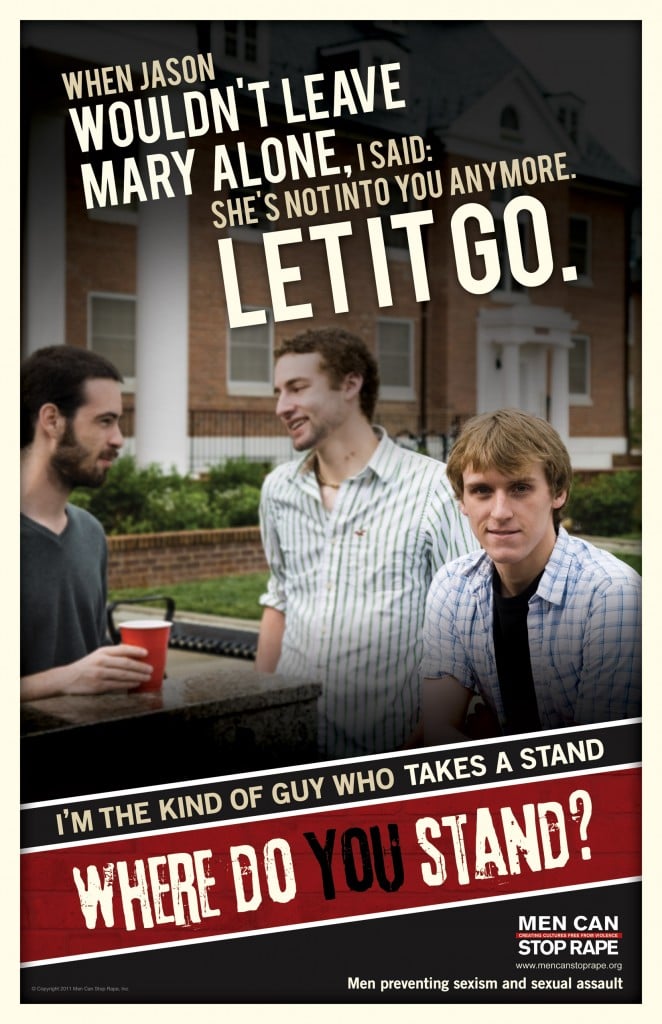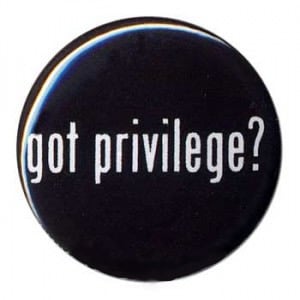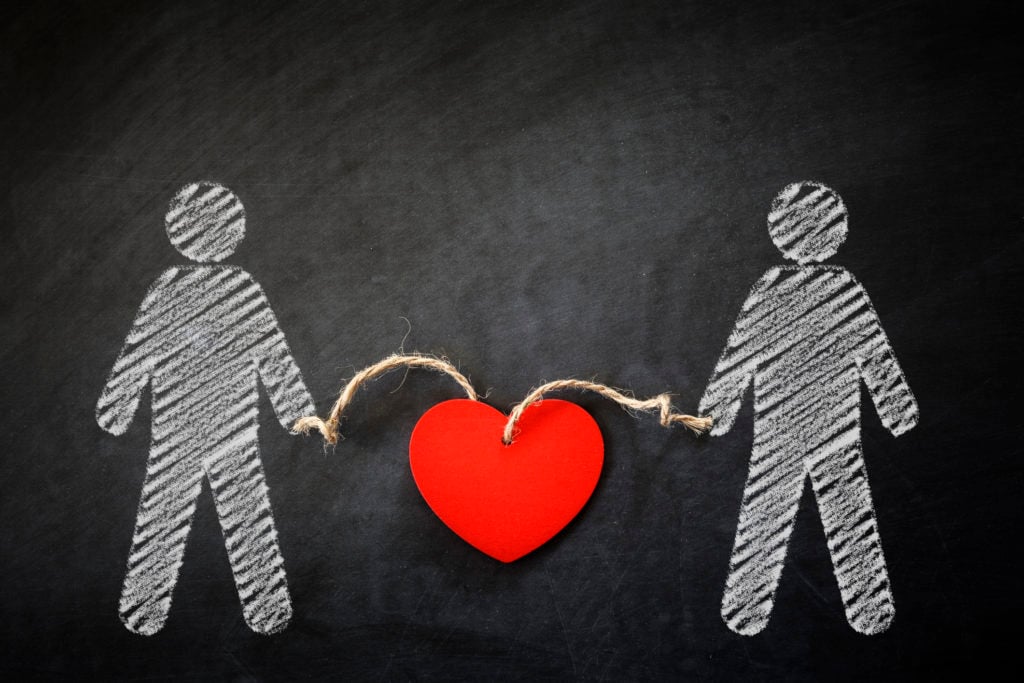Search results for: sex talk
4 Hidden Problems with All of This ‘Love Your Body’ Talk
Don’t love your body? You’re not alone – and here’s why we need to lay off the pressure to get everyone on board with the “love your body” movement.
Read More7 Fantastic Tips from Youth on How to Teach and Talk About Racism
“I wish we talked about racism in school.” A simple conversation with siblings turned into strategizing around race with youth. Here’s the valuable info they shared.
Read MoreWe Need to Talk About How Social Justice Organizations Overwork Their Staff
A culture of overwork makes burnout and staff turnover inevitable at social justice organizations – and here’s how it’s getting in the way of our anti-oppression goals.
Read More5 Ways to Talk to Your Teen About Abortion – Without Stigmatizing It
Abortion is a complicated issue for teenagers – but not always for the reasons parents think. Here are some things to keep in mind when you’re addressing this topic with your teen.
Read More6 Ways to Talk About STIs (Without Being a Jerk)
STI shaming tends to go unchecked – but this author has some good reasons why this form of body shaming is not okay. So here are some suggestions from firsthand experience on how we can stop perpetuating awful stereotypes.
Read MoreHere’s What White Feminism Is – And Why We Really Need to Talk About It
You might have come across the term “White Feminism” recently – like in discussions about Nicki Minaj and Taylor Swift’s Twitter exchange. This short breakdown shows why we need to address this problem for a stronger feminist movement.
Read MoreIf You’ve Ever Heard Someone Talk About Reverse Racism
“Reverse racism”? Do you know what would have to happen for racism against white people to exist? Comedian Aamer Rahman’s explanation is spot on!
Read More5 Reasons We All Need to Talk to Kids About Race in America
Talking about race in America can feel dangerous and overwhelming, but it is important work if we want to truly get to a place where all people are treated as equals. And as with all important conversations, it needs to start with our children. Here are five reasons every parent, guardian, and educator should be talking about race with the children they care for.
Read More3 Ways to Talk About Nontraditional Family Structures Appropriately
It’s easy to make assumptions about a family, based on what is familiar and normal. But many families don’t fit the nuclear family mold. This can mean that it’s not always immediately apparent how a particular family is structured, and this can cause some confusion and anxiety. So how do we adapt our behavior to avoid making those assumptions in the first place?
Read More10 Ways To Talk To Your Kids About Sexual Abuse
Talking to your kid about sexual abuse probably seems worse than even talking about sex. But given the statistics, your child is much more likely to be molested than to be hit by a car when crossing the street. Here’s how you can reduce your child’s vulnerability to being sexually abused and increase the chances they’ll tell you if something happens.
Read More6 Ways To Talk To Your Son About Male Violence and Healthy Masculinity
From a young age, boys are bombarded with images of the traditional model of masculinity as being strong, ready to fight, sexually entitled, and emotionless except for anger. And while many men aren’t violent, many fear being called “gay” or “girly” if they deviate from that norm too much. Here’s some ways to help your son develop his own sense of healthy masculinity.
Read MoreWe Need to Talk About Depression and Everyone Needs to Listen
When people publicly share their personal experiences of depression, I feel encouraged. I see fellow sufferers expressing gratitude that they no longer feel alone. But I often wonder if non-depressed people are even listening to this conversation. So I’m going to explain what depression is like based on my experience, and ask you to try to envision what the spiral feels like.
Read MoreHow to Talk To Your Children About Gay Parents, By a Gay Parent
I am a gay dad, and I confuse children. I’m sure it happens more than I realize – at the supermarket, at the park, at preschool. Just by acting like any other parents, my partner and I are inadvertently sparking countless conversations that start with, “Where’s their mommy?” You’re free to handle that question however you want, of course. But if you don’t know where to begin, allow me to help.
Read MoreI Am a Survivor, And I Can Finally Talk About It
I watched her heels walk into the living room, where she deposited me on the floor. She straddled me, put her face close to mine. It isn’t supposed to be something that happens to men, and certainly not by women. People don’t whistle at me from cars or assume I’m weak. I did the wrong thing by not talking about my experience when it happened, for the same reasons many people never come forward.
Read MoreHow To Talk To Friends And Loved Ones About Health And Weight
Myths and stereotypes about weight are so normalized. So it’s no wonder if you (person who is worried about a loved one) are invested in the idea that fat is bad or want them to be spared the pain of being fat in our society. And it’s no wonder that you (person who has gained weight or is fat) may have some mixed feelings about the “help” that people want to give. Here’s some ways to have this conversation.
Read MoreHow To Talk About Privilege To Someone Who Doesn’t Know What That Is
Conversations about privilege can quickly go wrong, angry, and defensive. Here are a few things to consider before jumping into the conversation around privilege.
Read More4 Ways We Teach Boys It’s Normal to Pressure Girls Sexually
If you grew up in the United States, it is almost inevitable that you’ve been subject to a few standard aphorisms. These include things like: “Anyone can make it here if they try hard enough,” “Nothing worth having comes easy,” “Hard work pays off,” “Winners never quit, and quitters never win,” and “Success is no…
Read More5 Tips for Talking (And Not Talking) About Food While Making Space for Recovery
Some ways of talking about food can be helpful for people recovering from eating disorders – but sometimes we just need to shut up about it. Here’s the difference.
Read MoreHow Sexually Violent Language Perpetuates Rape Culture and What You Can Do About It
Have you ever noticed how violent our language is? Even when we aren’t even talking about anything inherently violent itself? You’ve probably also noticed that that’s a lot of sexual violence. This language might seem unimportant or coincidental, but our language shapes the way we see our world. So how can every one of us work to stop using language derived from sexual violation?
Read MoreYou Found Out Your Partner’s Asexual – Now What? 5 Relationship Tips for You
“How does that work, exactly?” She gets this question often as someone who’s asexual in a relationship with someone who isn’t. Here are some great answers.
Read More





